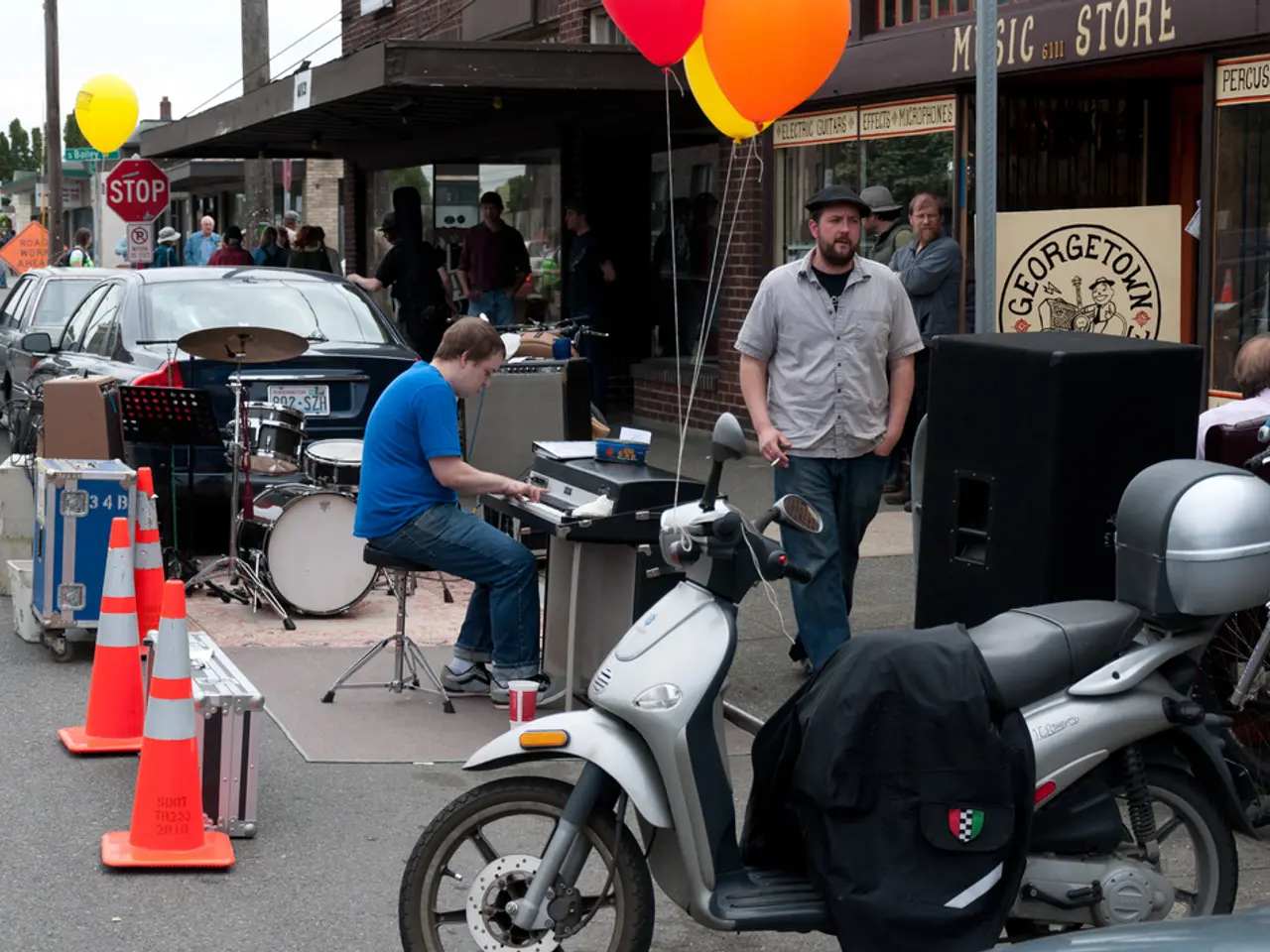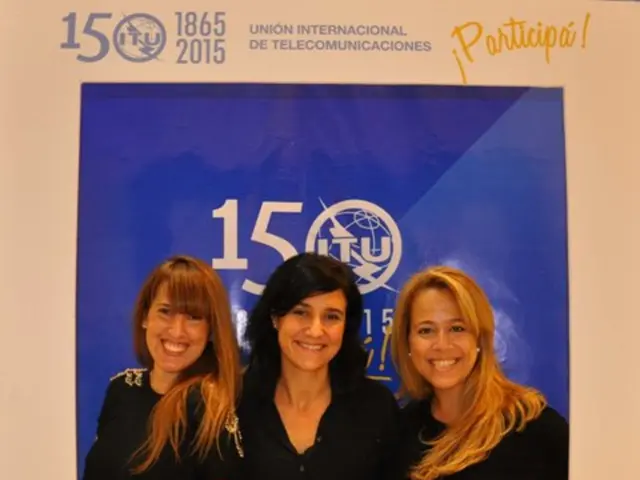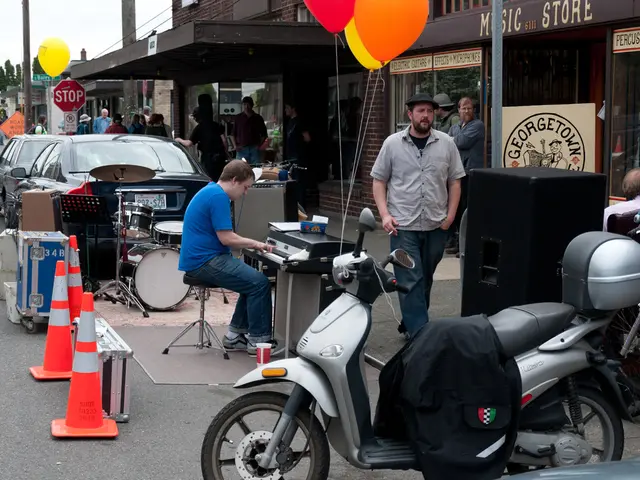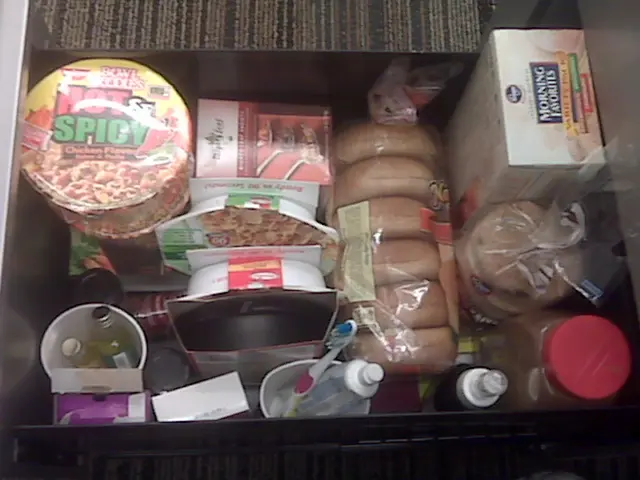Beneath the melodies of Beethoven's 'Für Elise', Taiwanese residents are reminded to discard their waste.
In the heart of East Asia, Taiwan has implemented an unusual yet effective waste management strategy that has turned the mundane task of garbage collection into a community event.
For decades, the waste collection trucks in Taiwan have been playing classical music, specifically Beethoven's "Für Elise" and Tekla Bańdzarewska-Baranowska's "Maiden's Prayer," to signal the arrival of the trucks and remind residents to take out their pre-sorted rubbish. This practice, which began in 1997, has been a staple of the island's waste management policy and has contributed to the transformation of Taiwan into a largely litter-free society.
The gentle melodies of these classical pieces serve as auditory signals, making the waste collection schedule predictable and rhythmic. Residents, especially the elderly, find it easy to recognise the exact time to dispose of their waste, thanks to these familiar tunes. This predictability adds a cultural and community-oriented dimension to the process, as neighbours can meet and chat while disposing of their waste, turning the event into a social occasion.
However, not everyone is pleased with the fixed timing imposed by the musical cues. Some residents complain that the music can be too loud, while others find it inconvenient as it requires them to be at home and ready to take out trash when the music plays.
Interestingly, the reason for choosing classical music as waste collection signals remains unknown. Some stories suggest that the trucks were pre-programmed with these tunes, while others claim that a health official, who implemented the waste collection system, overheard his daughter playing "Für Elise" on the piano.
Despite the lack of concrete information, the use of classical music in Taiwan's waste management system has had some remarkable outcomes. For instance, some couples have reported meeting while waiting for the tuneful waste collection trucks. There are also tales of foreigners mistaking the waste collection trucks for ice cream vans due to the music they play.
Taiwan's unique approach to waste management, with its melodious waste collection calls, stands as a testament to the power of creativity and community spirit in solving everyday problems. While the origin of this practice may remain a mystery, its impact on the island's waste management and community dynamics is undeniable.
The classical pieces played by waste collection trucks in Taiwan serve as a unique way to signal the arrival of the trucks, making the waste collection process predictable and rhythmic. Neighbors often use this predictable schedule as an opportunity to meet and chat while disposing of their waste, which adds a social aspect to the community event.
However, some residents find the music too loud or the fixed timing inconvenient, as it requires them to be at home and ready to take out trash when the music plays. This issue shows that while the use of classical music in Taiwan's waste management system has brought about positive changes, it may not be without its challenges.




